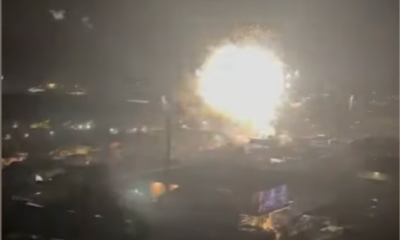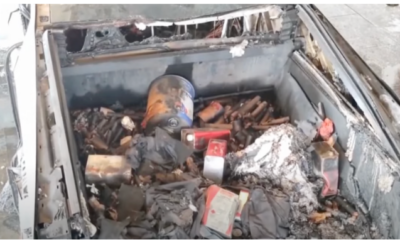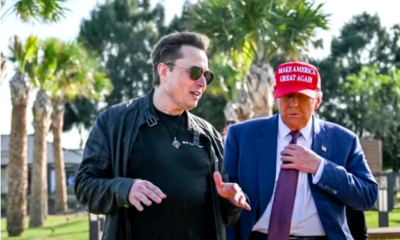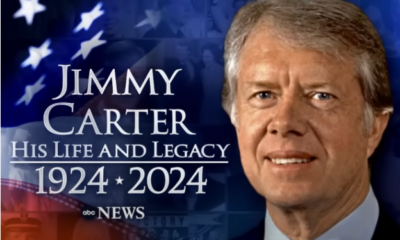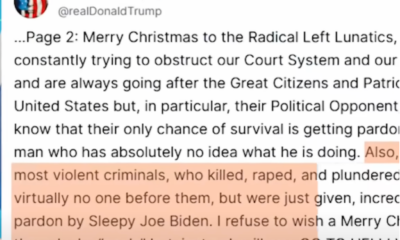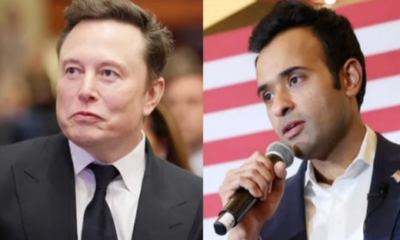Breaking News
U.S., Russia Close to Extending New START Treaty Limiting Nuclear Arms
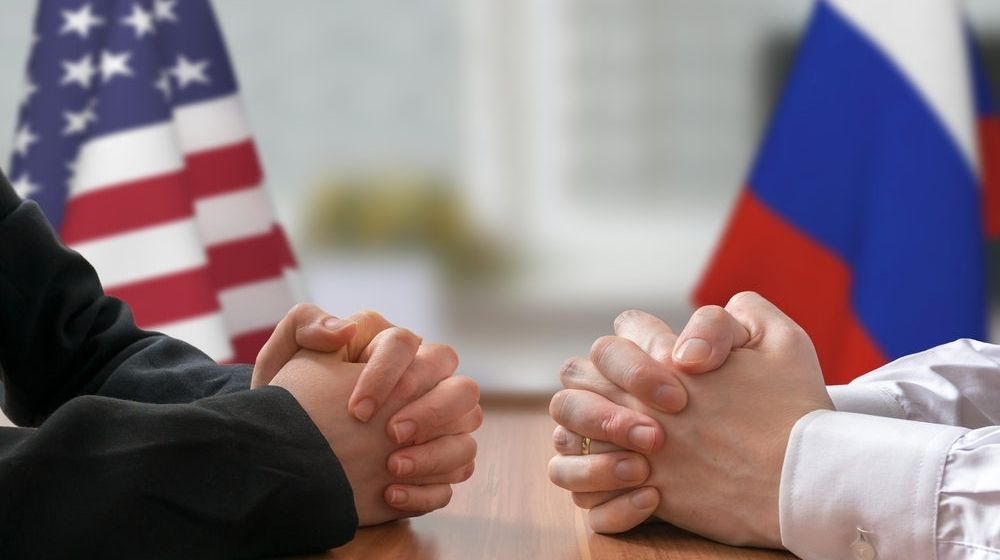
The United States and the Russian Federation are close to ratifying a deal that would freeze nuclear arms production on both sides.
News of the potential treaty deal broke Tuesday morning via an exclusive report from The Wall Street Journal. The article quotes a senior Trump administration official who said a deal is likely to come soon. “We are very, very close to a deal,” said the unnamed source. “Now that the Russians have agreed to a warhead freeze, I do not see why we cannot work out the remaining issues in the coming days.”
Pursuing Russia
"The Possible Expiration of the New START, the Last Nuclear Bilateral Treaty Between the United States and the Russian Federation" @NuclearPuentes @MattKuhnDVM @SciWithChelsie @sciwithky @nickyoungper
#NewSTART #nuclearpolicy #scipol 🇺🇸🇷🇺Read it here:https://t.co/SY46W51K5E
— Journal of Science Policy & Governance (JSPG) (@SciPolJournal) May 6, 2020
President Trump has been aggressively pursuing Russia to extend the START nuclear arms – which limits nuclear warhead and long-range arms arsenals – for weeks in hopes of securing a diplomatic victory before Election Day. However, talks hit a snag last Friday. Russian President Vladimir Putin proposed extending the 2011 New START treaty unconditionally, for a year. The said treaty doesn’t include a warhead freeze agreement.
The Trump administration quickly rebuked Putin’s offer, saying a warhead freeze was an absolute must. “President Putin’s response today to extend New START without freezing nuclear warheads is a non-starter,” said National Security Advisor Robert O’Brien said. “The United States is serious about arms control that will keep the entire world safe. We hope that Russia will reevaluate its position before a costly arms race ensues.”
It appears that the Trump administration’s hard-line push for a warhead freeze paid off. On Tuesday, Russia’s Foreign Ministry said Moscow is willing to agree to a warhead freeze over the same period. This will only happen if they extend the treaty.
A State Department spokeswoman Morgan Ortagus made an official response to the Russian position shortly after the foreign ministry’s announcement. “We appreciate the Russian Federation’s willingness to make progress on the issue of nuclear arms control,” said Ortagus. “The United States is prepared to meet immediately to finalize a verifiable agreement. We expect Russia to empower its diplomats to do the same.”
Points for Negotiation
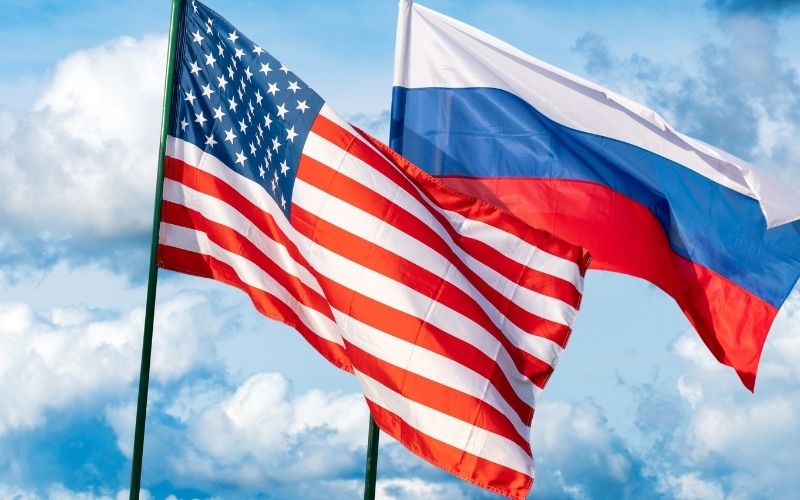
Despite renewed hopes for a quick resolution, the two sides still have a few points to negotiate before they can finalize the deal. According to unnamed Trump administration officials quoted in the Wall Street Journal, some of the remaining issues that they need to discuss include verification procedures for warhead freezes and the treaty’s definition of a warhead.
If finalized, the agreement would extend the New START Treaty for a full year. It will also buy time for a future, more extensive agreement. Ideally, the Trump administration says the next treaty should also include China. However, the current deal doesn’t specifically mention Russia’s Asian rival.
The Chief U.S. negotiator on the New START Treaty extension talks, Marshall Billingslea, will meet with NATO representatives to brief them on the progress of the talks on Tuesday morning.
If the negotiations lead to a successful treaty signing, it will give the Trump administration another foreign policy victory to tout ahead of Election Day. However, it’s unclear how much a successful treaty extension will sway undecided voters. Trump is currently behind his opponent in the polls. However, his campaign says their internal polling tells a different story. Additionally, they say they’re comfortable with their position heading into the election.
Up Next:

